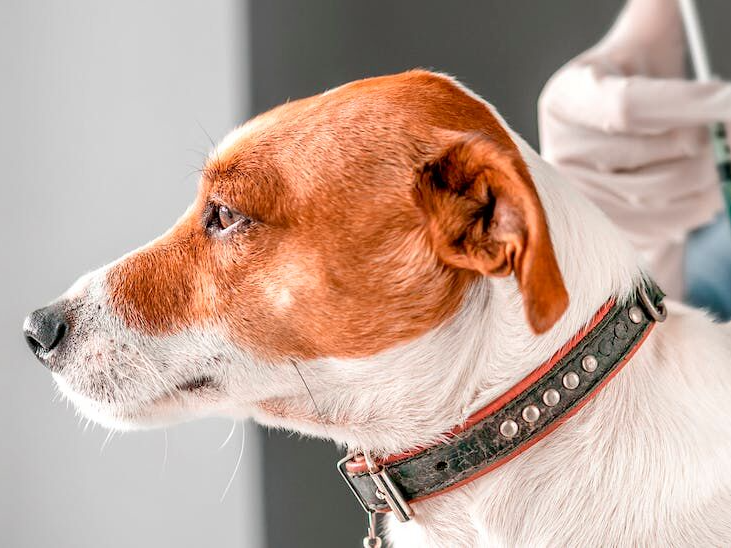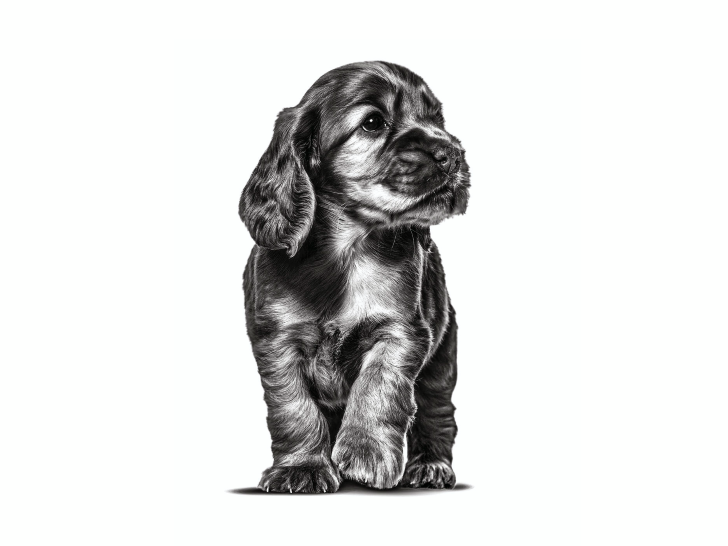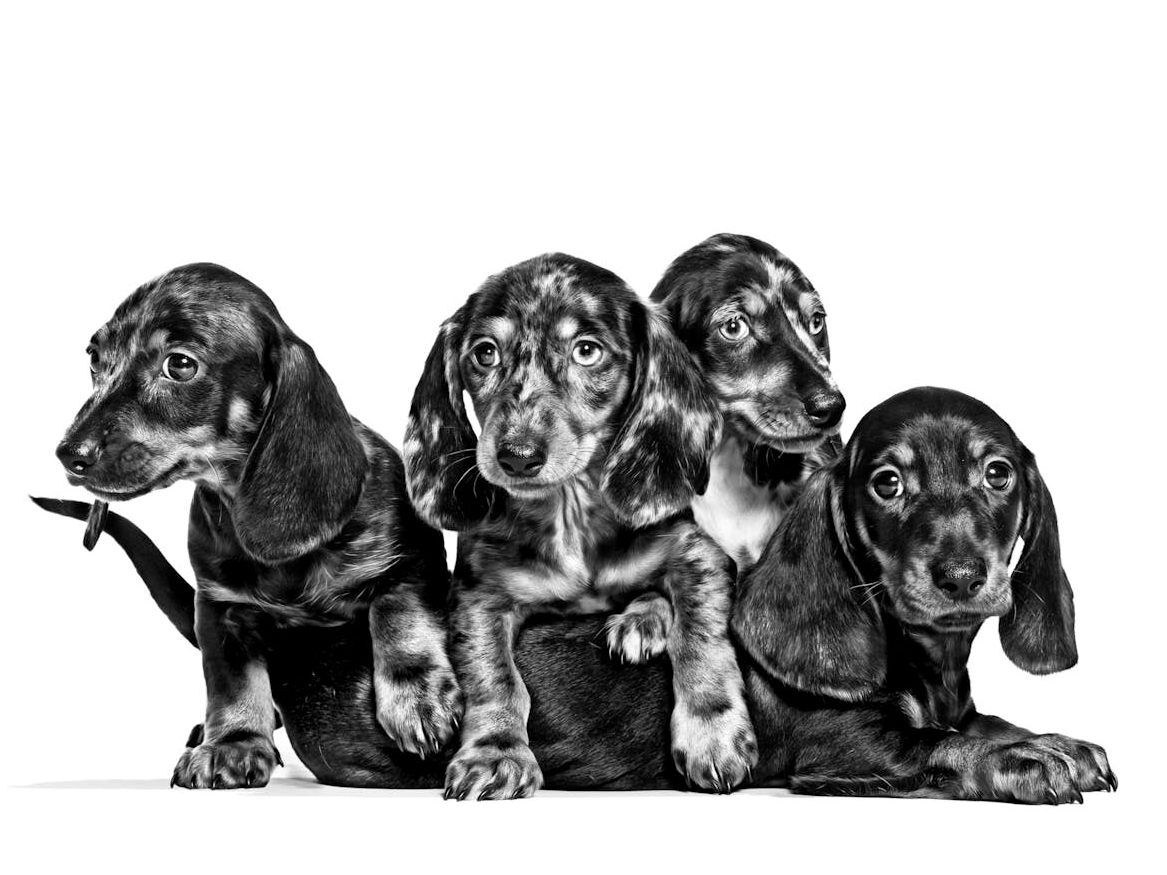
How to socialize a puppy
Socializing a puppy means introducing them to their surroundings. This period, from 3 to 14 weeks, is crucial for their brain development and future well-being. Puppies are naturally curious during this time, which helps them learn confidently how to react to different situations.
Puppy socialization basics
Every puppy is different, so go at your puppy's pace. Introduce new experiences gradually in short sessions and watch for signs of overstimulation. Provide downtime as needed.
Introducing your puppy to new people, places, and senses
When your puppy first comes home, everything is new and potentially intimidating. While socialization and familiarization might have started at the breeder's or the shelter, it's essential to ease your puppy into their new environment.
Here are some considerations for socializing your puppy.
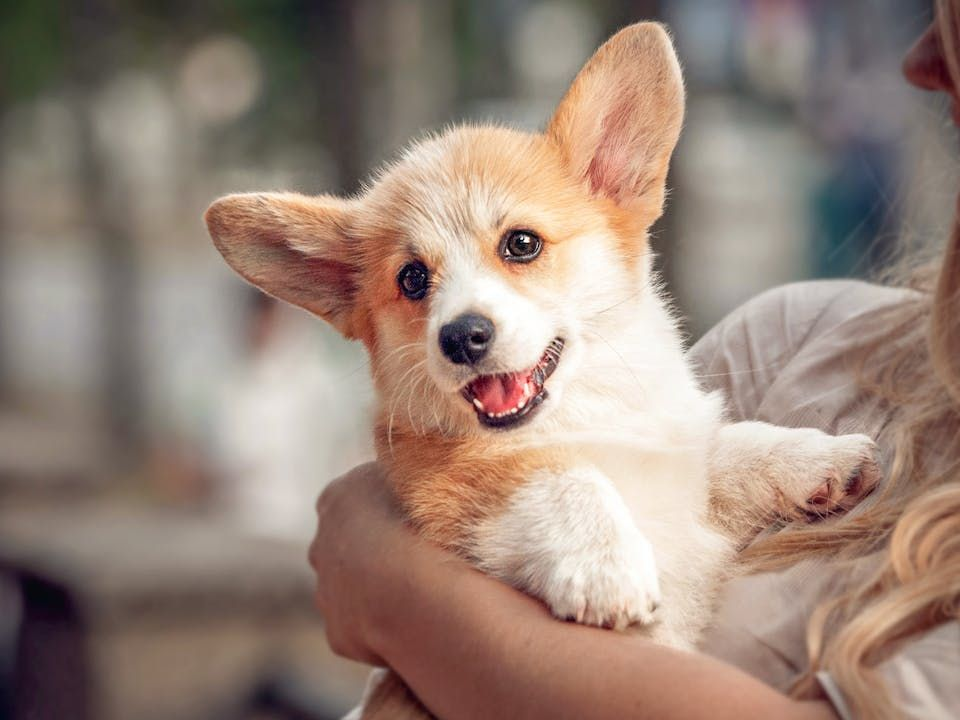
Introducing different people
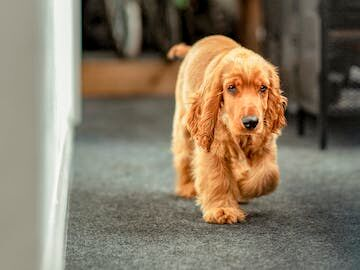
Visit unfamiliar places
Puppies love exploring new places! Introduce them to different environments like car rides, vet visits, family homes, markets, beaches, parks, and more as they grow. Make sure they're fully vaccinated before going out and avoid stagnant water until then.
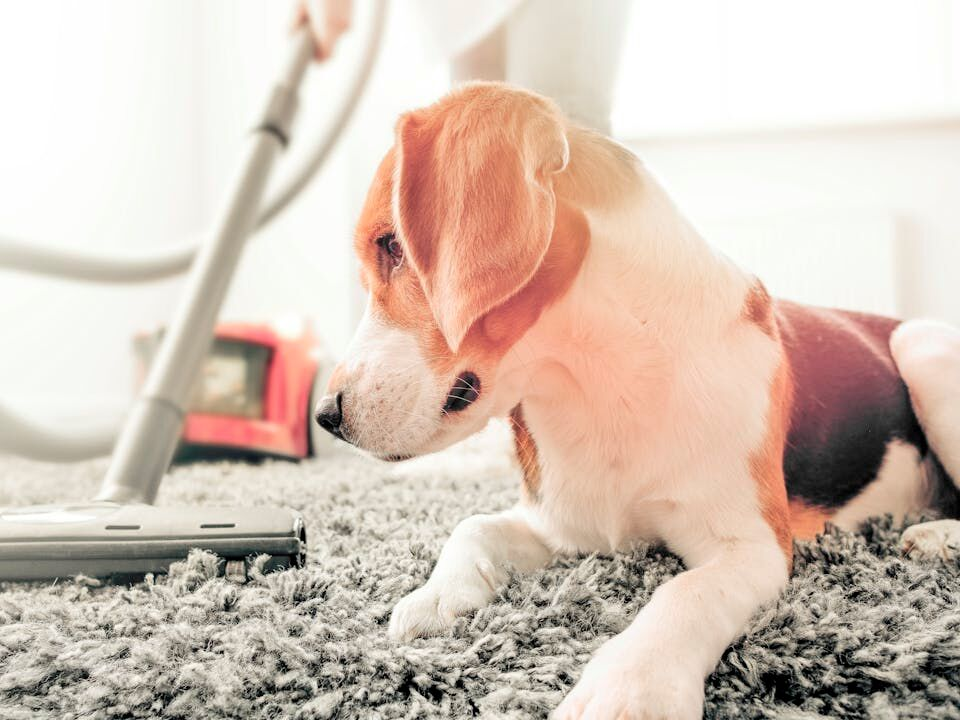
Introduce new sounds
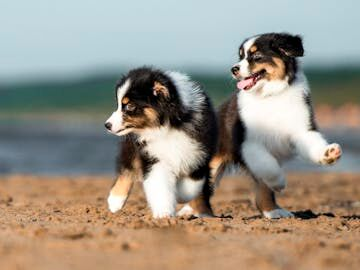
Try different textures
Carpets feel different from tile or cement. Grass is soft, but rocks and dirt are not. Puppies growing up only on grass may hesitate to walk on other outdoor surfaces so let them walk on different textures where possible.
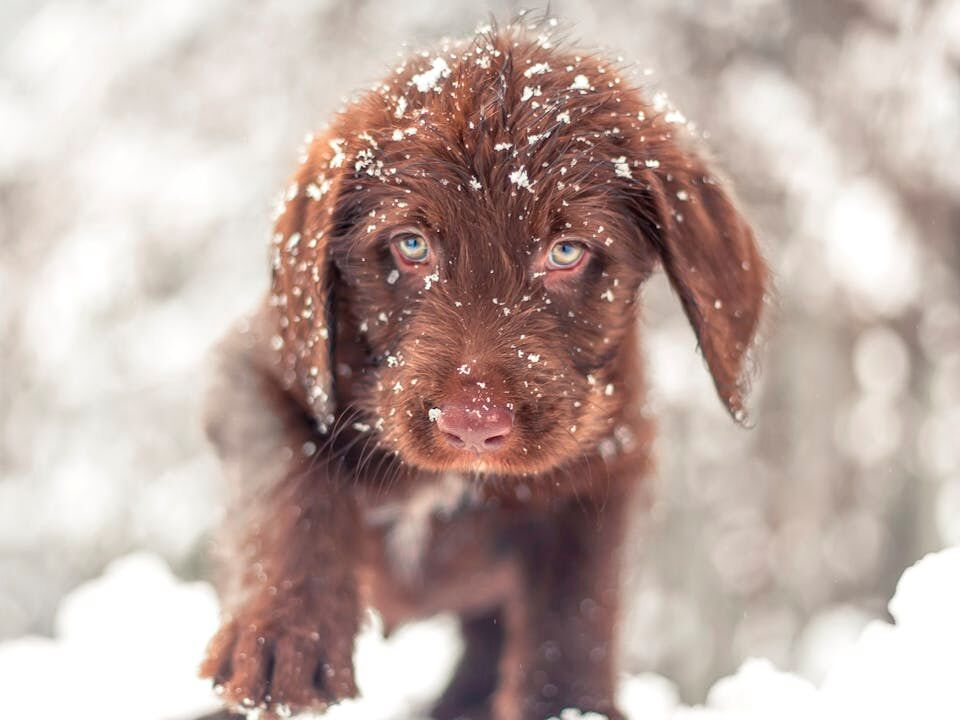
Let your puppy experience different types of weather
Hot tar, cement or pavement can be painful. Thunder and lightning can frighten puppies, as can their first experience with rain or puddles. Also, you need to be careful when walking your puppy in the snow as it can cut their paws.
Your puppy may need protection from harsh elements, such as canine boots or a warm coat.
The more positively perceived experiences your puppy is exposed to early, the less they will react negatively to as adult dogs.
Key stages of puppy socialization by age
Socialization is a process that begins when you bring your puppy home. Their window of socialization is between three and fourteen weeks. So, time is of the essence! Your puppy socialization timeline.
Birth to 2 months
2 to 3 months
Insufficiently socialized dogs can develop destructive or anxious behaviour as they get older. So, socialization has a big impact on your puppy's quality of life.
After 4 months
By this time, puppies have become more confident and have learned new skills, including obedience training. Socialization remains an ongoing process throughout their lives, helping them to adapt to new situations and overcome fears.
Birth to 2 months
2 to 3 months
Insufficiently socialized dogs can develop destructive or anxious behaviour as they get older. So, socialization has a big impact on your puppy's quality of life.
After 4 months
By this time, puppies have become more confident and have learned new skills, including obedience training. Socialization remains an ongoing process throughout their lives, helping them to adapt to new situations and overcome fears.
Should you wait until after your puppy's 12-week vaccinations to start socialization?
Socialization can begin before your puppy completes their vaccination schedule, although some precautions are necessary. While you should avoid introducing them to unfamiliar animals or taking them for walks in your neighborhood, there are still ways to socialize them safely.
Other ways to socialize your puppy before vaccinations
Here are some straightforward tips for socializing your puppy:
- Puppy classes and playdates:
Attend puppy classes and arrange playdates with other puppies of similar age and vaccination levels. Monitor their energy levels and move them to quieter areas if they become too tired or stimulated.
- Getting used to touch:
Help your puppy get used to your touch by handling their feet, mouth, teeth, belly, and tail gently. This prepares them for grooming tasks like nail trimming and teeth brushing. Remember to wash your hands before grooming or close contact.
- Meeting other dogs:
Two weeks after their last vaccinations, your puppy can safely meet other dogs. Introduce them gradually and observe their body language. Older dogs may be eager to play but can be too rough for puppies. Monitor their interactions closely to prevent exhaustion or overstimulation.
- Individual play and supervision:
Initially, allow puppies to play individually to prevent resource aggression or jealousy. Always supervise play between two or more dogs until your puppy becomes familiar with them.
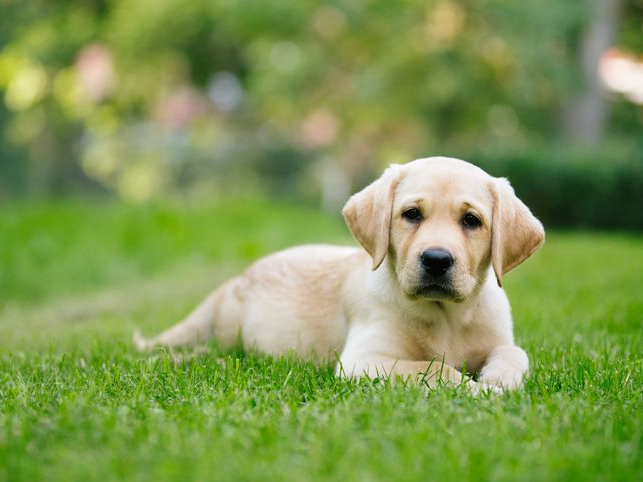
What if your puppy gets frightened by something new?
Even with careful preparation, puppies may become nervous or frightened at times. When this happens, identify the trigger, and move your puppy to a safer place to help them calm down. Consider introducing the trigger in a different context that is more comfortable for them. Patience is key when dealing with a frightened or reluctant puppy. Respond to their fears gently, offering praise and affection, as your puppy takes cues from your reaction.
The goal of puppy training is a well-balanced, confident adult dog. The most effective way to achieve early socialization is by using positive reinforcement training methods.
Related articles
Sources
- https://www.akc.org/expert-advice/training/puppy-socialization
- https://www.bluecross.org.uk/advice/dog/socialising-your-puppy
- https://www.companionanimalpsychology.com/2015/02/why-you-need-to-socialize-your-puppy.html
- https://be.chewy.com/positively-trained-puppy-socialization-dos-and-donts/?utm_source=google&utm_medium=cpc&utm_campaign=14076094048&utm_content=124785787629&gclid=CjwKCAjw-IWkBhBTEiwA2exyOzFtlD1Mz-01AjX0jXNC0lbz-akq9_LfTggPkkHai7e-PxbCQVq4bBoCG84QAvD_BwE
- https://www.companionanimalpsychology.com/2015/02/why-you-need-to-socialize-your-puppy.html
